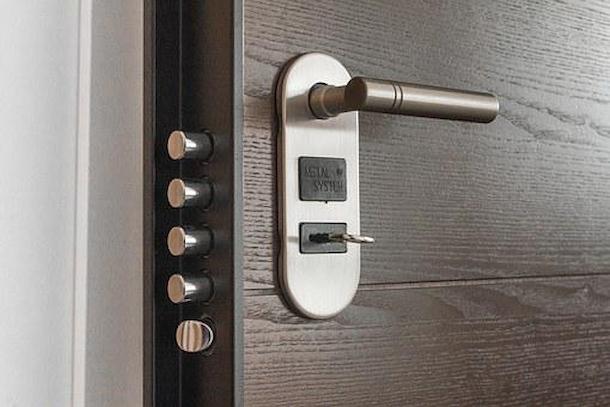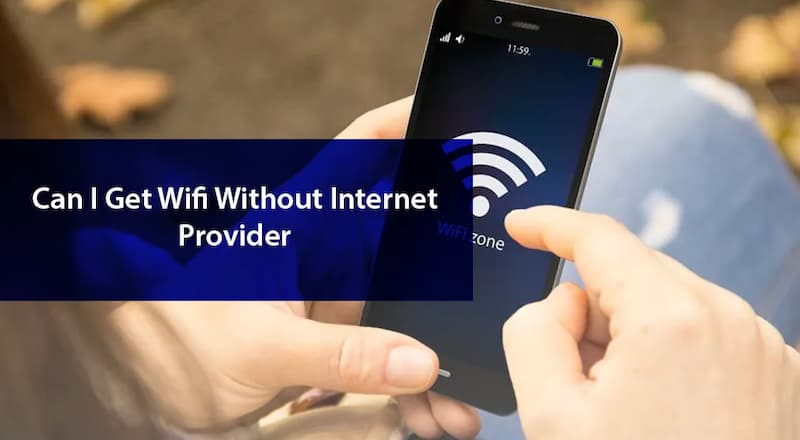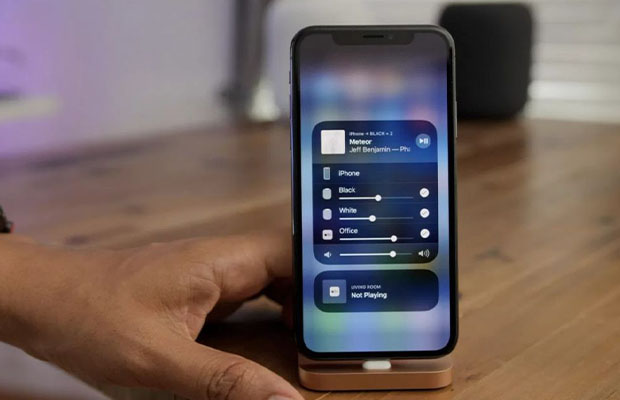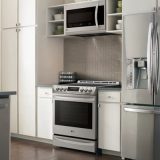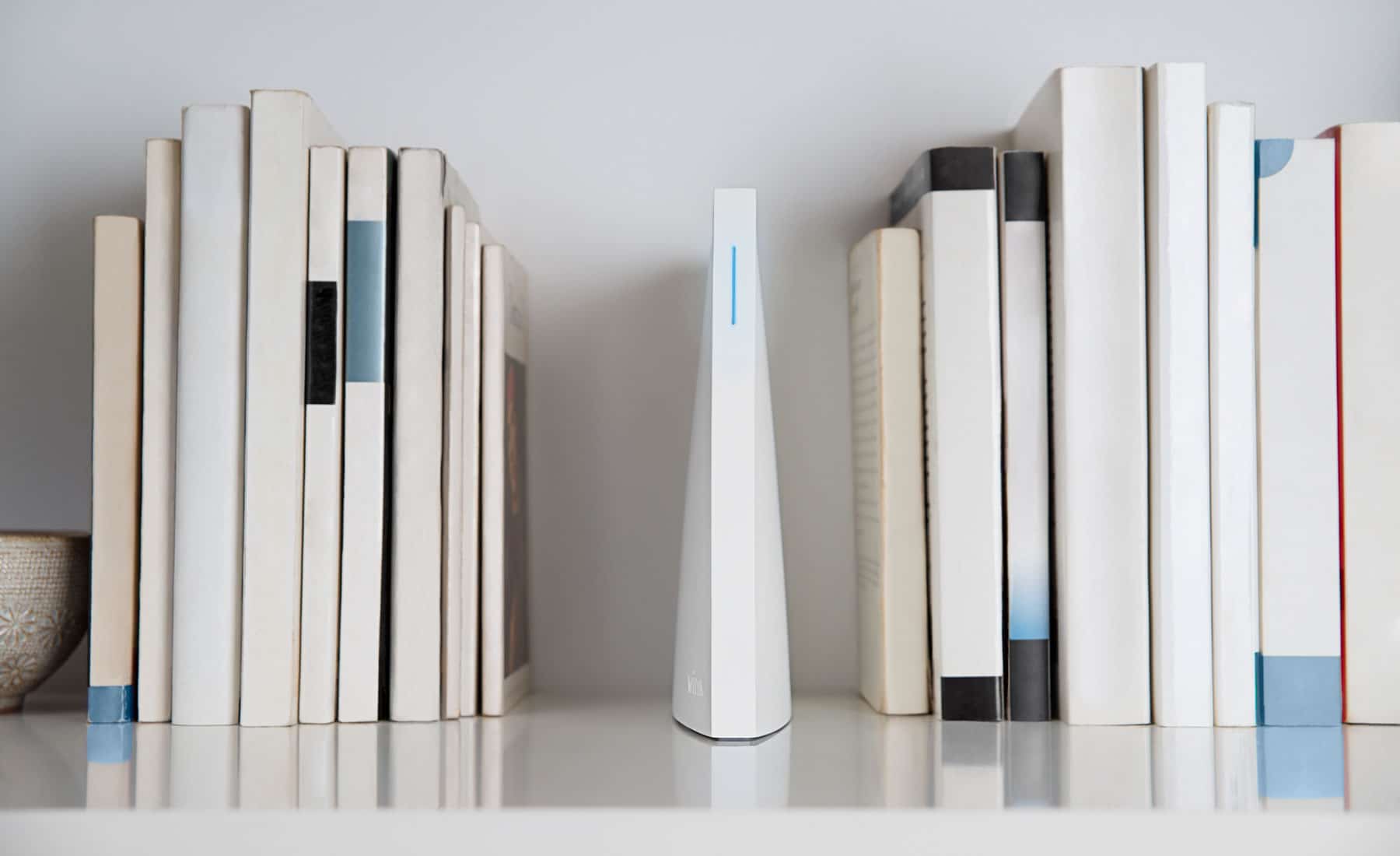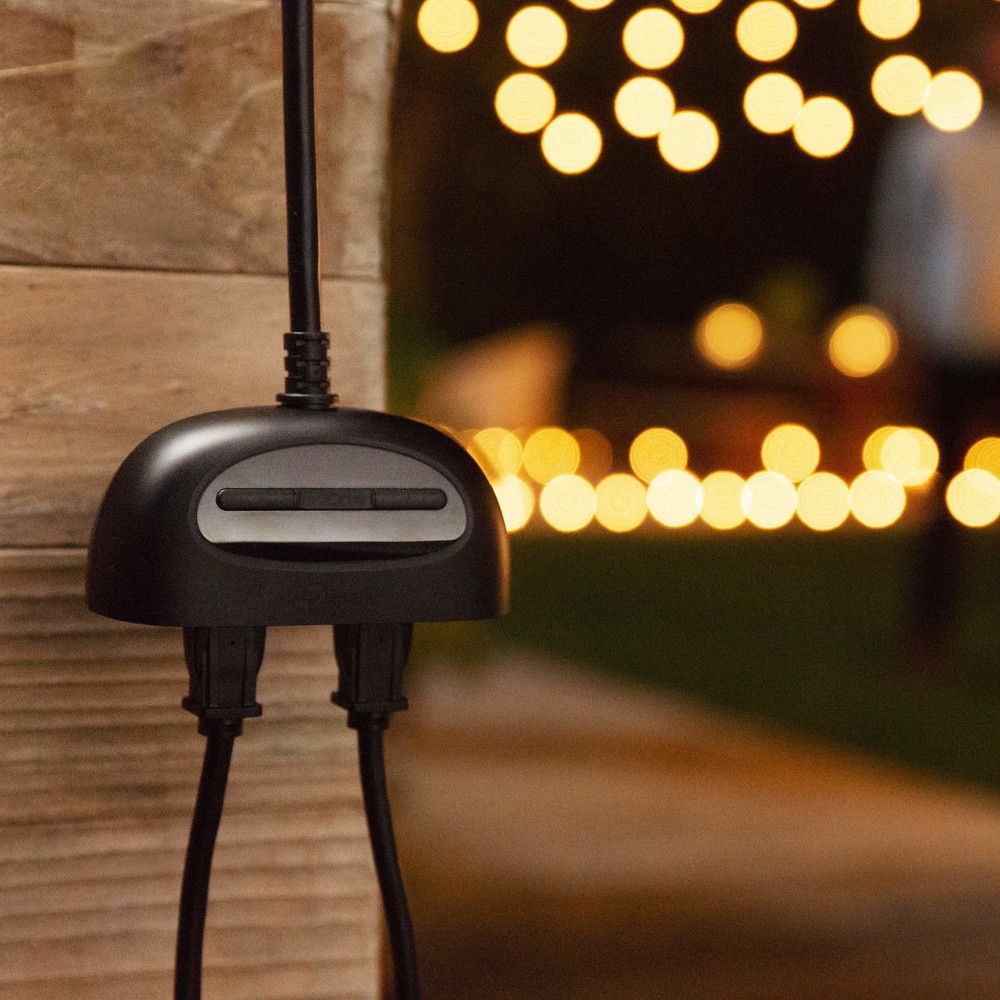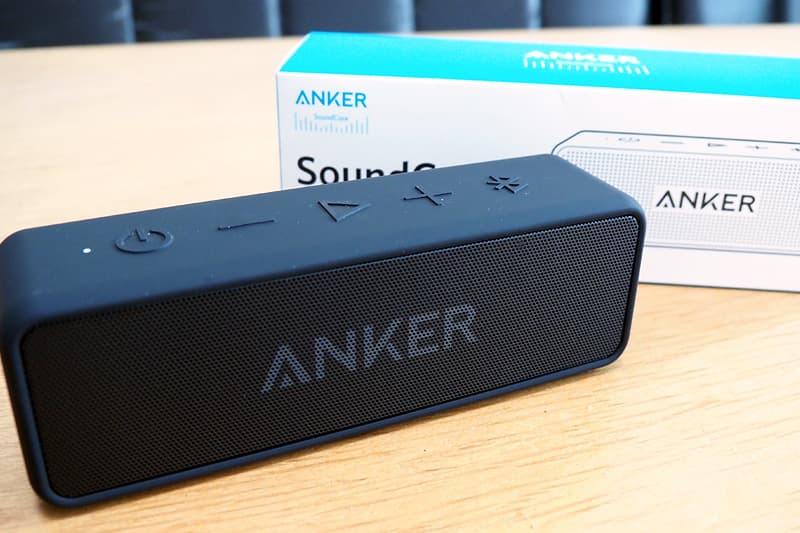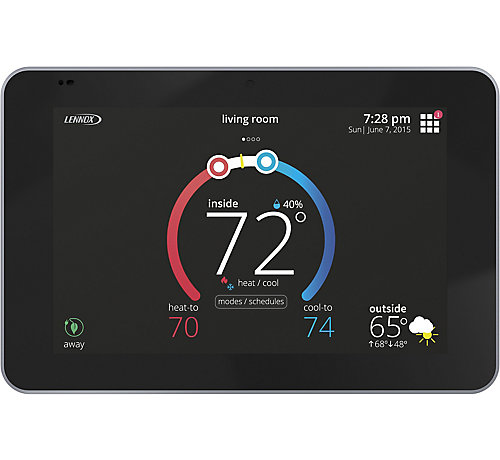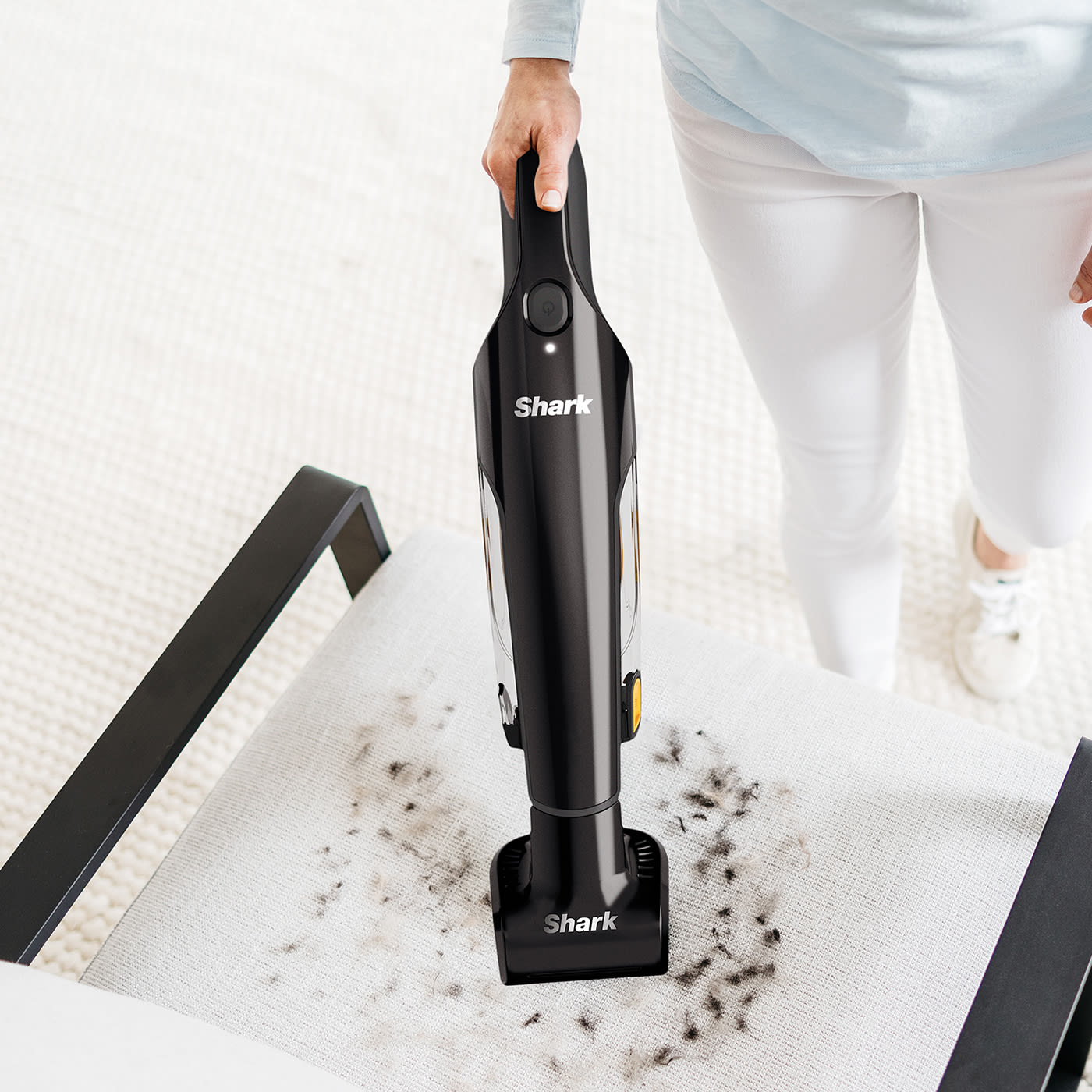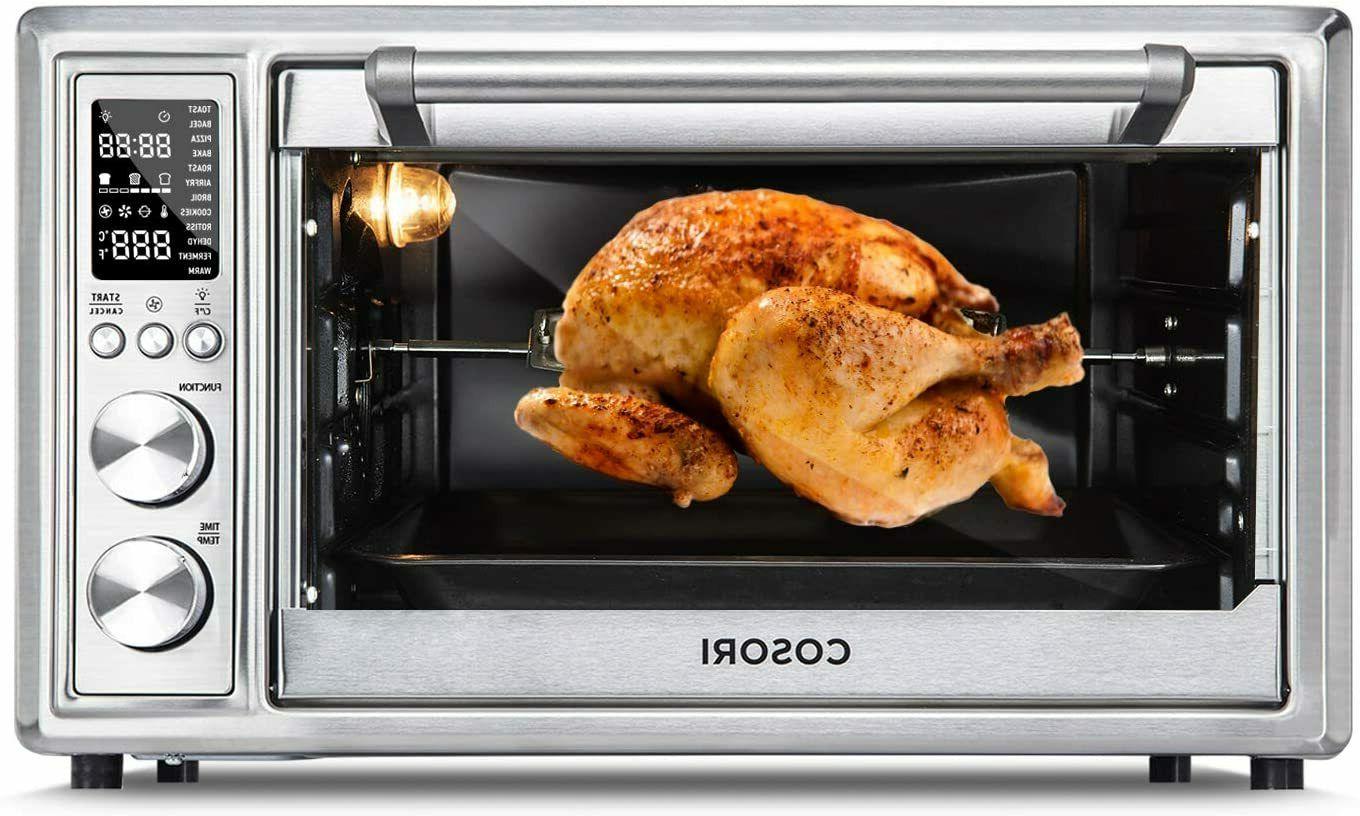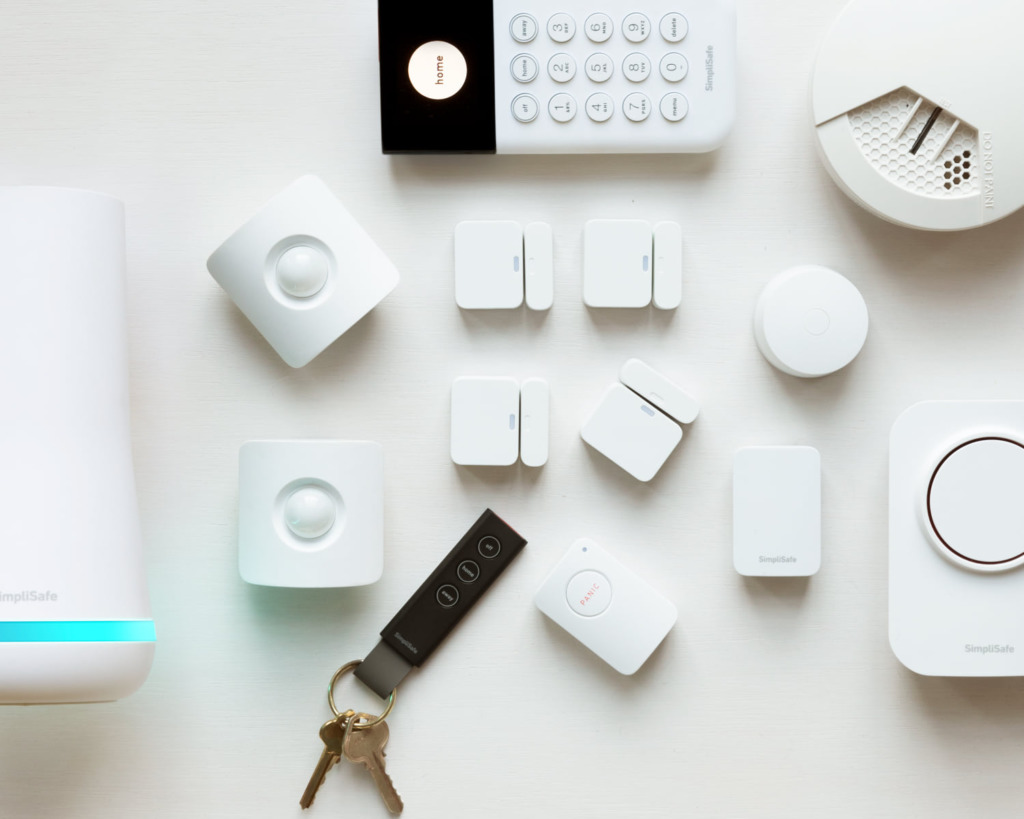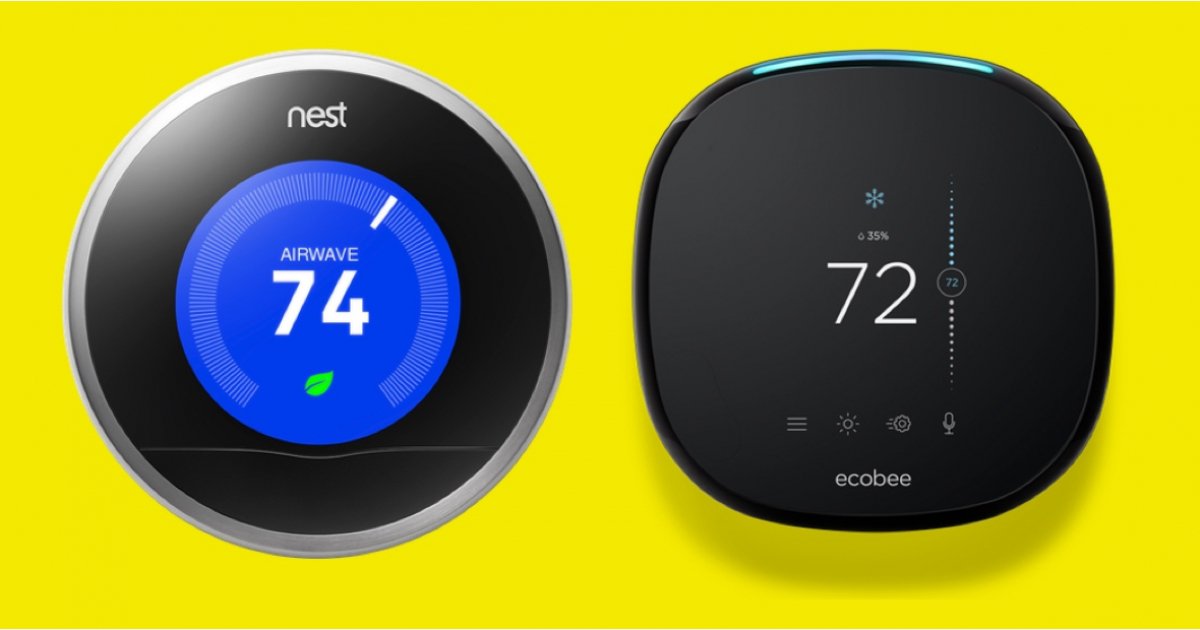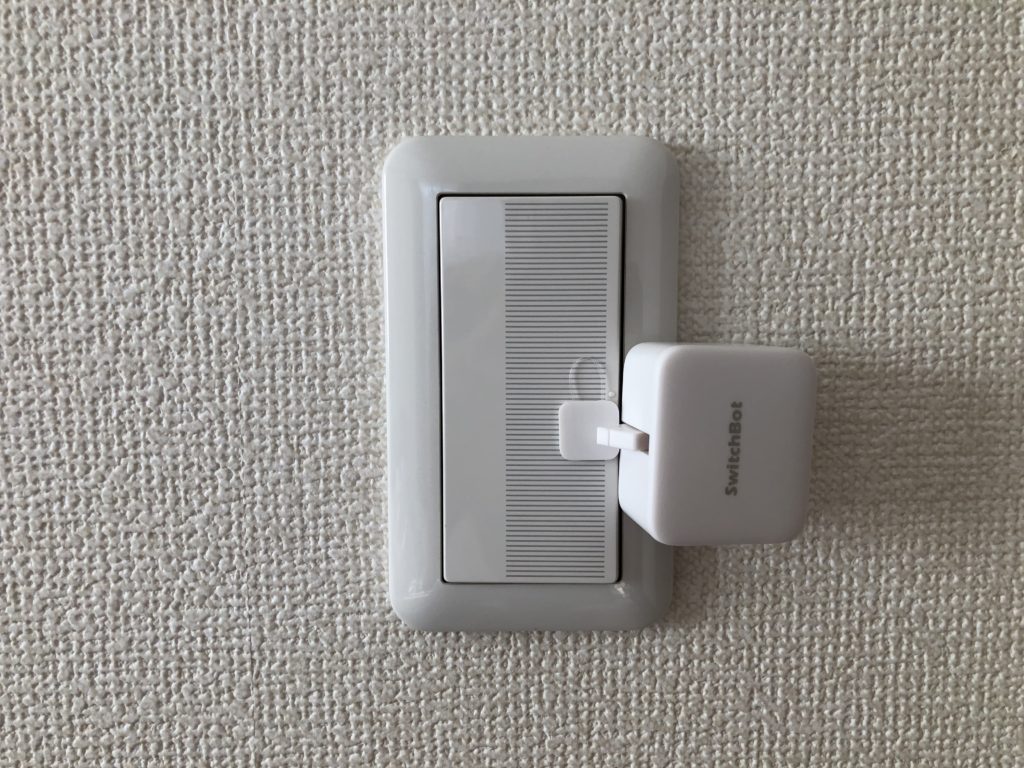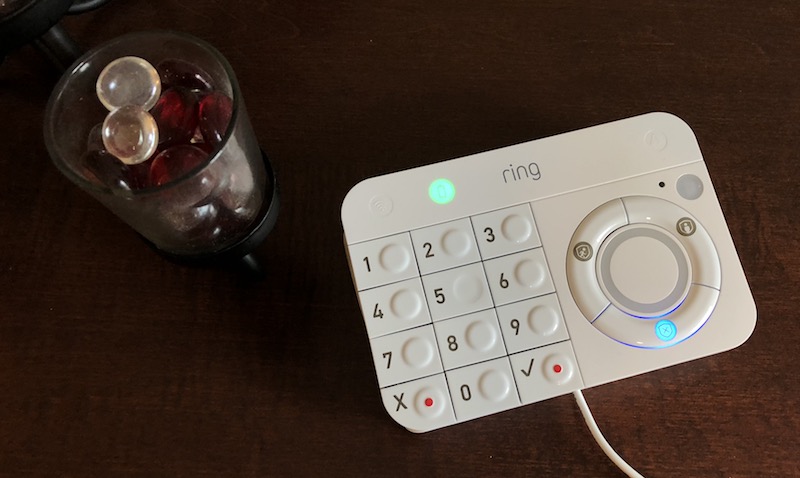The Internet plays a vital role in our lives today. Whether we like it or not, we are always connected to the Internet. Does ethernet slow down WiFi? The simple answer is that ethernet won’t slow down your router’s WiFi when you’re not nervous. To be successful in the professional world, you must understand how Ethernet and WiFi work, whether Ethernet is better than WiFi, or if there is an impact between the two.
Table of Contents
What is Ethernet?
Simply put, Ethernet is the traditional way of connecting computers in a local area network or LAN. Using it requires an ethernet cable and a device with an ethernet port and router. From there, simply connect the device to the router with a cable.
The performance of Ethernet is almost always faster than that of WiFi, making it superior for activities such as transferring large amounts of data or streaming media. It’s also more reliable and stable because it doesn’t rely on a signal to work, meaning it can’t be interrupted by things like weather or other WiFi users.
In addition to this, an Ethernet connection is also more secure than a WiFi connection because it can be connected directly to the router. Anyone can pick up a WiFi signal, reducing security and the possibility of being hacked. It’s not something that happens often, but it opens up its possibilities.
WiFi Vs. Ethernet
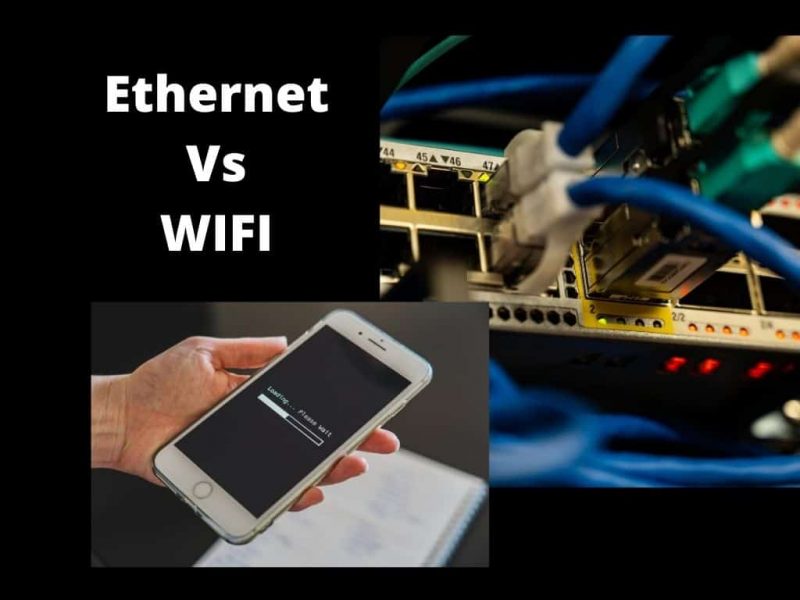
So now you might be asking, if Ethernet is so good, why use WiFi? First of all, WiFi has many advantages and advantages, mainly around convenience and portability. Ethernet is fast, but it requires cables to be installed on Ethernet-enabled devices, which you sometimes don’t have access to.
In this case, WiFi is a very effective solution. On a small device like a smartphone, it’s often your only option. Not only is it much faster to establish a connection, but it’s also easy to connect with just a few button presses.
It’s also sometimes a hassle to install an ethernet cable for a laptop. Installing them in one go at home is bearable, but you don’t want to suddenly unplug the cable during a brief visit to a friend’s house. WiFi is excellent in a situation like this, and many major advances have been made to bring it closer to the standard for Ethernet connections.
Does an Ethernet Cable Affect WiFi?
Now that we understand WiFi and Ethernet, which brings us back to the original question, does using Ethernet degrade wireless performance for WiFi users? The answer is simple: no, the act of using the cable will not cause any significant harm to WiFi users.
If anything, people using ethernet would theoretically increase speeds for WiFi users. Wireless communication speeds depend on the number of simultaneous users on the same network, so removing one device from the equation can help a lot.
However, what you’re doing on the web can cause a slowdown. That’s why it’s often misunderstood that Ethernet slows down WiFi users.
How Does Ethernet Cable Affect WiFi?
The ethernet cable affects your WiFi in a way, it shares everything from the WiFi in the router. With enough networking expertise, you can build a network between a local area network and a WiFi connection.
This unlocks a lot of extra features that can be used. At the same time, it can also have a negative or positive effect on your internet connection, depending on the situation.
If your router has an internet connection, its WiFi is activated, and you plug the ethernet cable into your computer, the internet bandwidth will be shared with the LAN devices. This is the same principle that a WiFi network distributes data to all users connected and using the internet.
Just added an ethernet connection to share the bandwidth with whoever is connected to the router.
Unlike what most people suspect, an Ethernet connection doesn’t take up a lot of bandwidth. The Ethernet connection receives its fair share of data from other users connected to the WiFi network, based on the data downloaded by the PC.
Even if you are using a powerful LAN cable, it will never use up all your bandwidth and slow down your connection to WiFi
Those downloading from sources that use a lot of bandwidth, or those who know how to control the bandwidth of their routers, can tie up the internet connection.
Can You Use More Than One Ethernet Cable?
You can connect multiple computers with an ethernet cable, just like you can connect multiple users to your WiFi connection.
On the back of the router, there are more than two ethernet ports sorted by the same color, one of which is used to route internet connections. Ports grouped in the same color code are available for PCs and laptops.
Plugging another ethernet cable into the PC won’t disconnect the WiFi user, but will add a device that shares the internet connection with the router. If it is also actively using the internet, the internet connection is divided again.
On the other hand, it offers the advantage of connecting two computers via a local area network. This allows them to play multiplayer offline games together, share files, and more.
There is also a way to set up file sharing using WiFi for Windows 10 computers. This also enables you to share files on the router’s network with all devices connected to the ethernet cable and WiFi.
When the Internet Slows Down

In some cases, you may be using too much router bandwidth, slowing down your WiFi and Ethernet signals. When you:
- Play a lot of videos at the same time.
- Games that require online use (including single-player)
- Download a lot of large projects at the same time.
- Open a large number of internet browsers simultaneously on multiple devices.
Anything you do with a lot of internets, mostly downloading large items, slows down the bandwidth your router can allocate to other devices. When your router has a limited amount of data that can communicate, and you’re using a lot of it, your connection slows down for others trying to access the internet and use your data.
Your router is programmed to communicate with the internet as fast as possible and give you almost instant access to what you want. After you start the process, it slows down other devices trying to draw data. This causes a problem because your router can’t give other people more bandwidth, so it just slows them down.
What To Do About WiFi Slowing Down?
Now that we have clarified the question of “Does using Ethernet slow down WiFi”, we can move on to “How to improve WiFi performance?” Thankfully, we can share some tips.
Surprisingly, one of the best ways to improve WiFi performance is to use more ethernet cables in your home. Having more wired connections provides better performance for Ethernet-enabled devices and also frees up wireless traffic for higher quality wireless connections.
You can also choose to upgrade your router to a better model with higher bandwidth limits and more Ethernet ports. Once again, more wired connections free up network congestion, and higher bandwidth limits improve performance for everyone.
Can WiFi outperform Ethernet?
Will using Ethernet degrade wireless performance? No, but will WiFi eventually surpass Ethernet? For now, that seems unlikely.
WiFi has many advantages. Between portability, usability, and convenience, it’s no surprise that most people prefer WiFi. This is the current standard for wireless connectivity and will not change.
But when it comes to stability and performance, Ethernet has been and will continue to be king. This may be the traditional method, but that doesn’t mean it’s going to be replaced anytime soon. If you have a laptop or desktop, we highly recommend investing in an Ethernet cable in all usage scenarios.
However, we won’t rule out WiFi entirely. As technology evolves, it’s entirely possible that WiFi will catch up to Ethernet’s speed and stability at some point. Until then, however, at least you can choose between the two to maximize your internet speed.
Conclusion
Remember that even though many people use WiFi at home, using an Ethernet cable is perfectly safe. Happily, when you connect your computer via ethernet on your wireless router, you get pros, not just cons.

